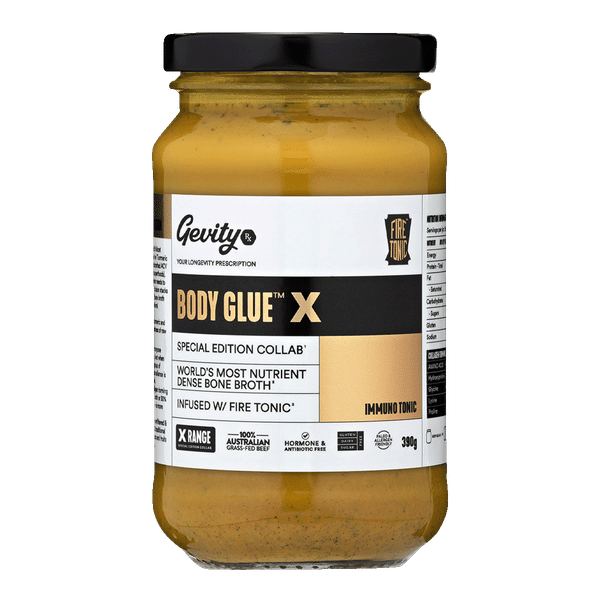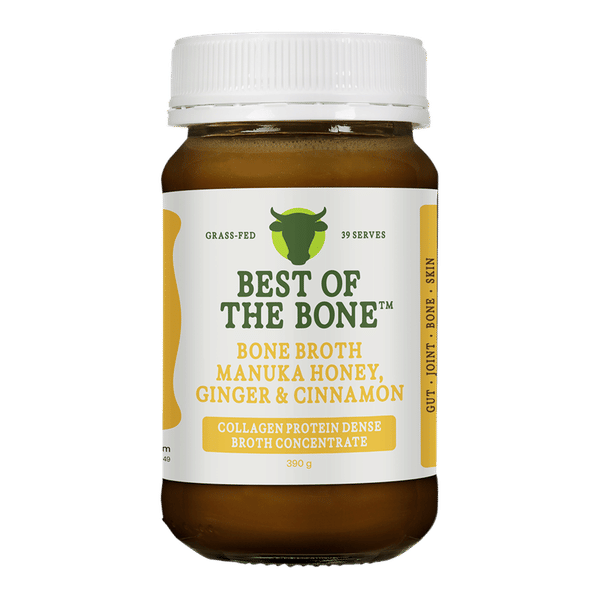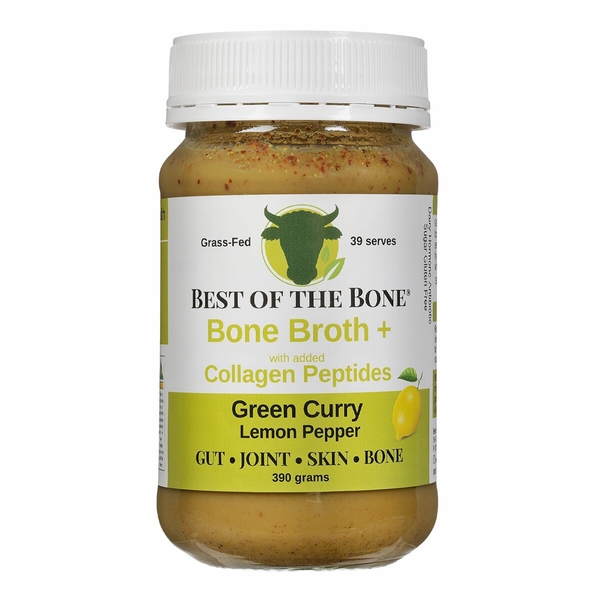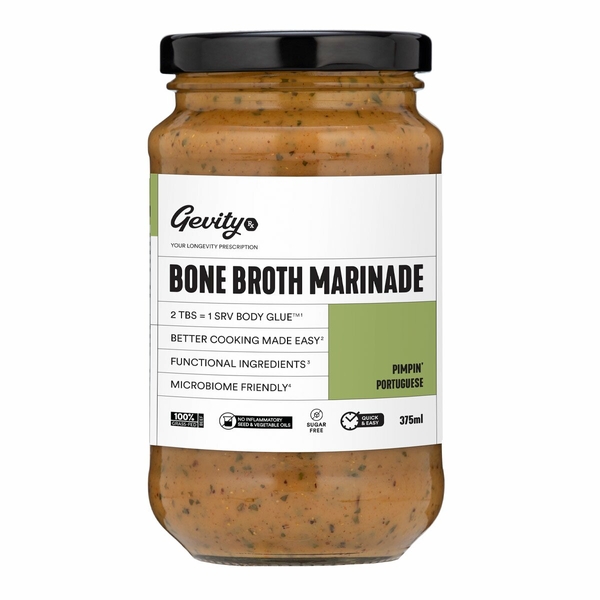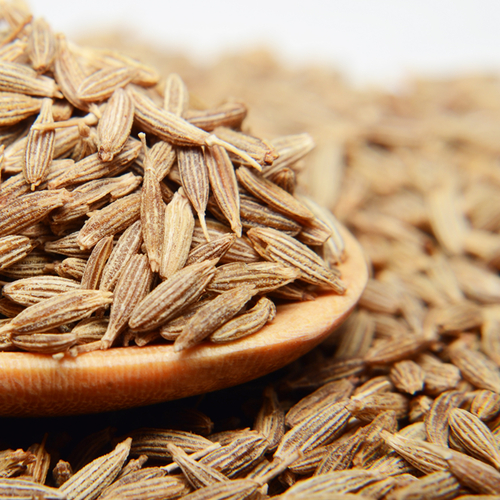
Cumin
Scientific names: Cuminum cyminum, Cuminum odorum
Family: Apiaceae/Umbelliferae
Alternate names: Anis Âcre, Comino, Cumin de Malte, Cummin, Green Cumin, Jeeraka, Svetajiraka, Zira
Actions: Antibacterial, Anticancer, Anticonvulsant, Antidiabetic, Antifungal, Antigenotoxic, Anti-inflammatory, Antilipemic, Antioxidant, Bone, Central nervous system, Coagulation, Estrogenic, Food preservative, Gastrointestinal, Hepatic, Immune, Insecticidal, Nutritional, Ocular, Olfactory, Trichloroethylene degradation
Background
Cumin (Cuminum cyminum) is a plant native to the Mediterranean and southern Asia. The seeds are used in traditional medicine and also as a spice in food.
Cumin might have cholesterol-lowering and antibacterial effects, but it's not clear if these effects have an impact in the body.
People use cumin for abnormal levels of cholesterol or blood fats, obesity, diarrhea, and many other conditions, but there is no good scientific evidence to support these uses.
Don't confuse cumin with black seed, which is sometimes called black cumin. These are not the same.
Cumin might have cholesterol-lowering and antibacterial effects, but it's not clear if these effects have an impact in the body.
People use cumin for abnormal levels of cholesterol or blood fats, obesity, diarrhea, and many other conditions, but there is no good scientific evidence to support these uses.
Don't confuse cumin with black seed, which is sometimes called black cumin. These are not the same.
Safety Safety definitions
When taken by mouth: Cumin is commonly consumed in foods. It is possibly safe to use cumin powder and cumin essential oil as medicine. Cumin might cause an upset stomach in some people. Also, some people can be allergic to cumin.
Bleeding disorders. Cumin might slow blood clotting, which might make bleeding disorders worse.
Surgery: Cumin might lower blood sugar levels and slow blood clotting. It might interfere with blood sugar control and make bleeding worse during and after surgery. Stop using cumin at least 2 weeks before a scheduled surgery.
Special Precautions & Warnings:
Pregnancy and breast-feeding: Cumin is commonly consumed in foods. There isn't enough reliable information to know if cumin is safe to use as a medicine when pregnant or breast-feeding. Stay on the safe side and stick to food amounts.Bleeding disorders. Cumin might slow blood clotting, which might make bleeding disorders worse.
Surgery: Cumin might lower blood sugar levels and slow blood clotting. It might interfere with blood sugar control and make bleeding worse during and after surgery. Stop using cumin at least 2 weeks before a scheduled surgery.
Effectiveness
Effective Effectiveness definitions
There is interest in using cumin for a number of purposes, but there isn't enough reliable information to say whether it might be helpful.
Dosing & administration
Cumin seeds are commonly used as a spice in foods.
As medicine, cumin essential oil has most often been used by adults in doses of 25-75 mg by mouth daily for up to 6 months. Cumin powder has most often been used in doses of 1.5-3 grams by mouth daily for up to 6 months. Speak with a healthcare provider to find out what type of product and dose might be best for a specific condition.
As medicine, cumin essential oil has most often been used by adults in doses of 25-75 mg by mouth daily for up to 6 months. Cumin powder has most often been used in doses of 1.5-3 grams by mouth daily for up to 6 months. Speak with a healthcare provider to find out what type of product and dose might be best for a specific condition.
Interactions with pharmaceuticals
Medications for diabetes (Antidiabetes drugs)
Interaction Rating=Moderate Be cautious with this combination.
Cumin might lower blood sugar levels. Taking cumin along with diabetes medications might cause blood sugar to drop too low. Monitor your blood sugar closely.
Medications that slow blood clotting (Anticoagulant / Antiplatelet drugs)
Interaction Rating=Moderate Be cautious with this combination.
Cumin might slow blood clotting. Taking cumin along with medications that also slow blood clotting might increase the risk of bruising and bleeding.
Rifampin (Rifadin)
Interaction Rating=Moderate Be cautious with this combination.
Cumin might increase how much rifampin the body absorbs. Taking cumin along with rifampin might increase the effects and side effects of rifampin.
Interactions with herbs & supplements
Herbs and supplements that might lower blood sugar: Cumin might lower blood sugar. Taking it with other supplements with similar effects might lower blood sugar too much. Examples of supplements with this effect include aloe, bitter melon, cassia cinnamon, chromium, and prickly pear cactus.
Herbs and supplements that might slow blood clotting: Cumin might slow blood clotting and increase the risk of bleeding. Taking it with other supplements with similar effects might increase the risk of bleeding in some people. Examples of supplements with this effect include garlic, ginger, ginkgo, nattokinase, and Panax ginseng.
Herbs and supplements that might slow blood clotting: Cumin might slow blood clotting and increase the risk of bleeding. Taking it with other supplements with similar effects might increase the risk of bleeding in some people. Examples of supplements with this effect include garlic, ginger, ginkgo, nattokinase, and Panax ginseng.
Interactions with foods
There are no known interactions with foods.
Products
View all productsPer 10 g (X Immuno Tonic):
- Beef bones
- Sea salt
- Curcuma longa
- Piper nigrum
- Chilli powder
- Honey
- Apple cider vinegar
- Allium sativum
- Armoracia rusticana
- Zingiber officinale
- Daucus carota powder (Carrot)
- Apium graveolens
- Allium cepa
- Malus (Apple)
- Orange
- Citrus limon (Lemon)
- Brassica juncea
- Petroselinum crispum
- Rosmarinus officinalis
- Thymus vulgaris
- Juniperus communis (berry)
- Bay leaf
- Szechuan pepper
- Backhousia citriodora
- Pink Himalayan crystal salt
- Origanum vulgare (Oregano)
390 g X Immuno Tonic
RRP: $39.00$33.15Save: 15%
Create account
6 pieces Carnivore
RRP: $84.95$76.46Save: 10%
Create account
Per 10 g (Manuka Honey, Ginger & Cinnamon):
390 g Manuka Honey, Ginger & Cinnamon
RRP: $33.99$23.79Save: 30%
Create account
Per 10 g (Green Curry Lemon Pepper):
$33.99
Create account
Per 25 mL (Pimpin Portuguese):
RRP: $18.50$15.73Save: 15%
OOS at supplier
Create account
return unknown
vital.ly has licensed monographs from TRC Healthcare.
This monograph was last reviewed on 18/11/2024 11:00:00 and last updated on 13/11/2020 23:44:04. Monographs are reviewed and/or updated multiple times per month and at least once per year.
Natural Medicines disclaims any responsibility related to medical consequences of using any medical product. Effort is made to ensure that the information contained in this monograph is accurate at the time it was published. Consumers and medical professionals who consult this monograph are cautioned that any medical or product related decision is the sole responsibility of the consumer and/or the health care professional. A legal License Agreement sets limitations on downloading, storing, or printing content from this Database. No reproduction of this monograph or any content from this Database is permitted without written permission from the publisher. It is unlawful to download, store, or distribute content from this site.

